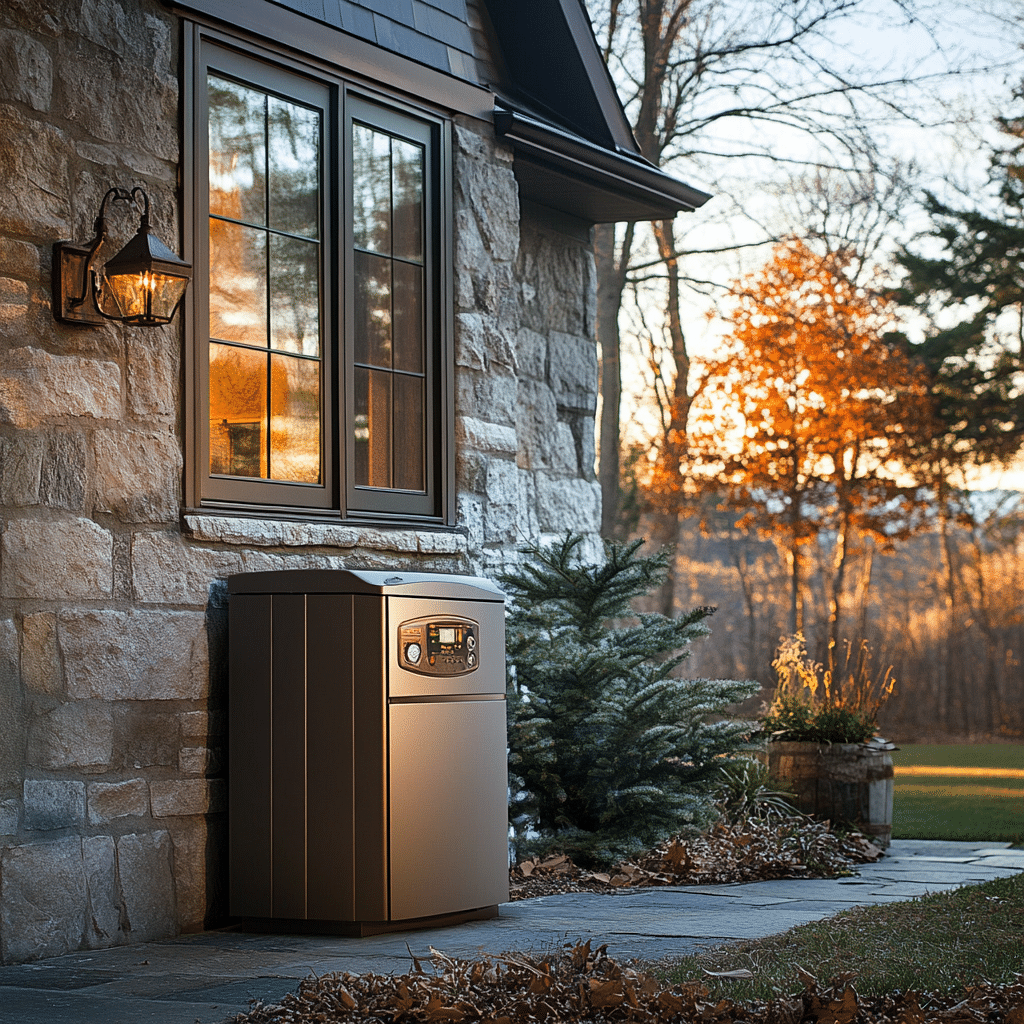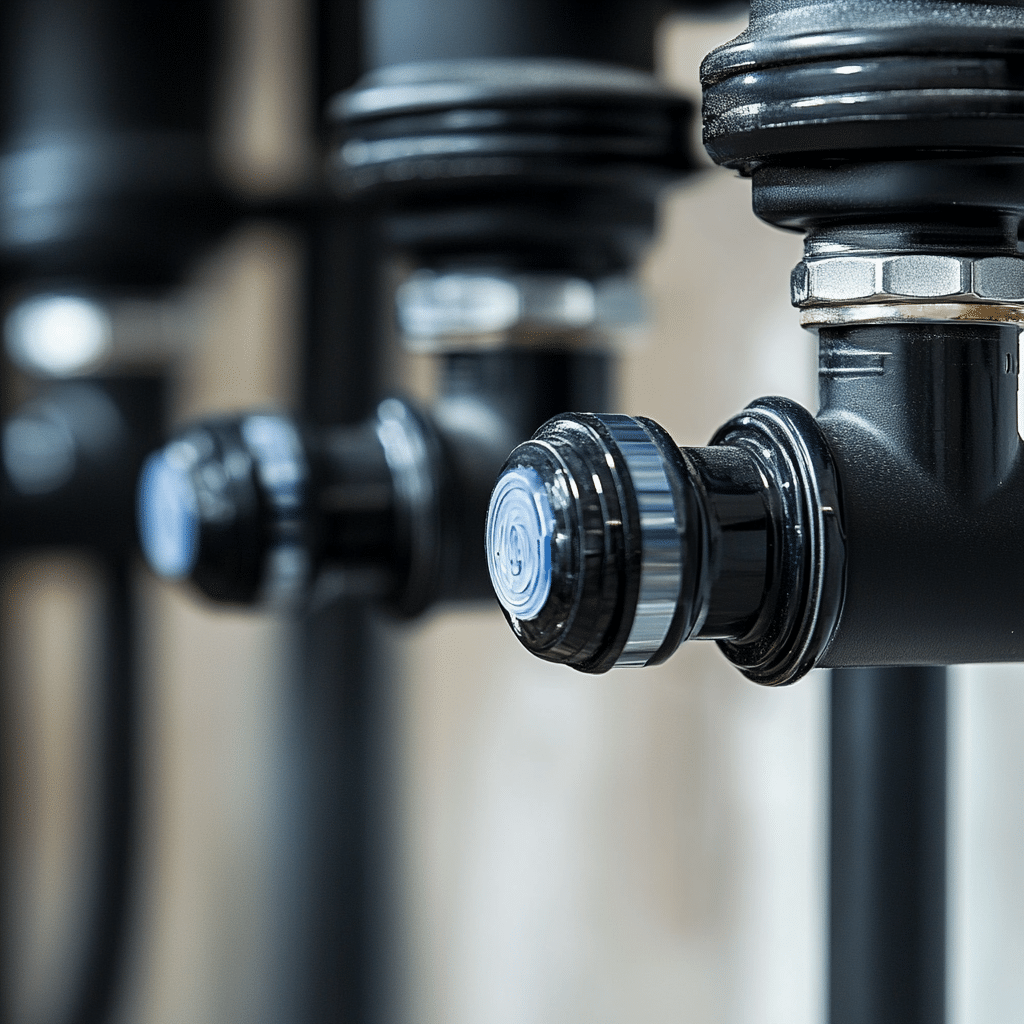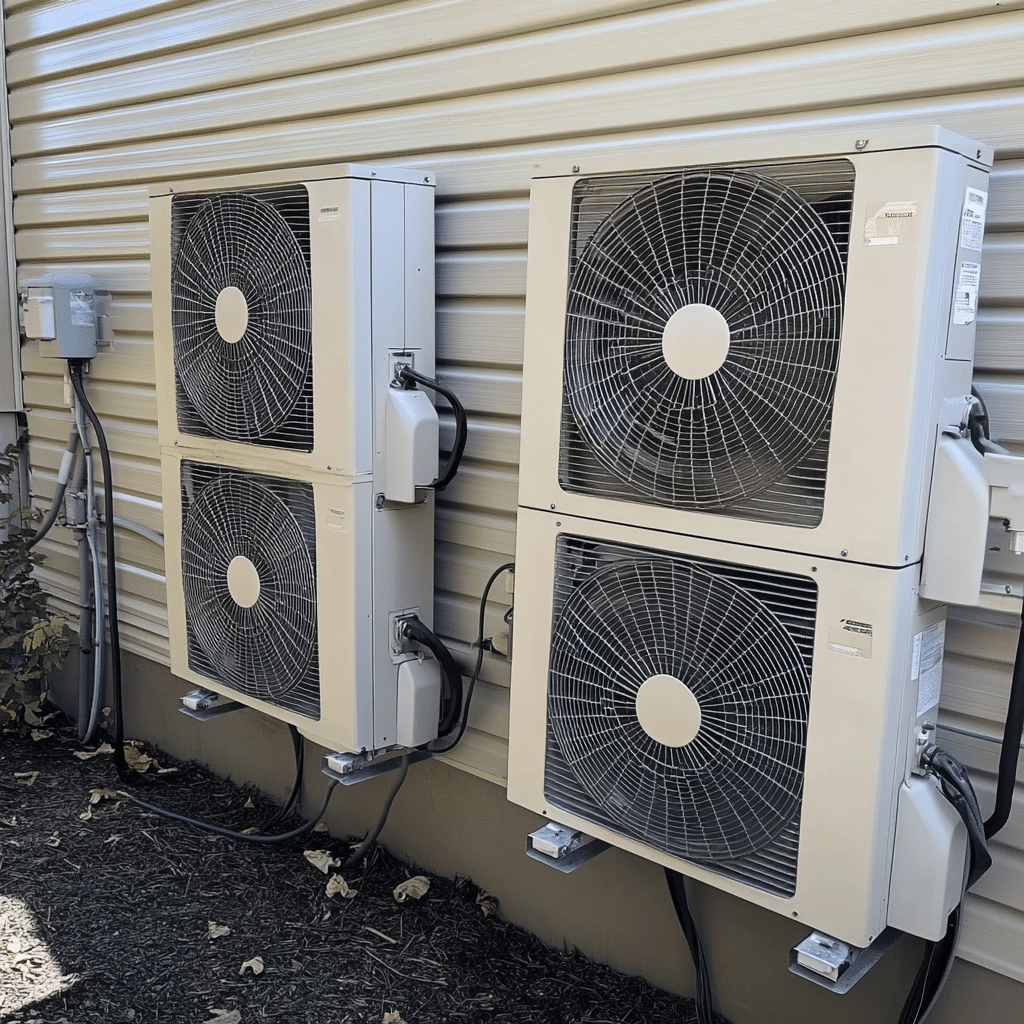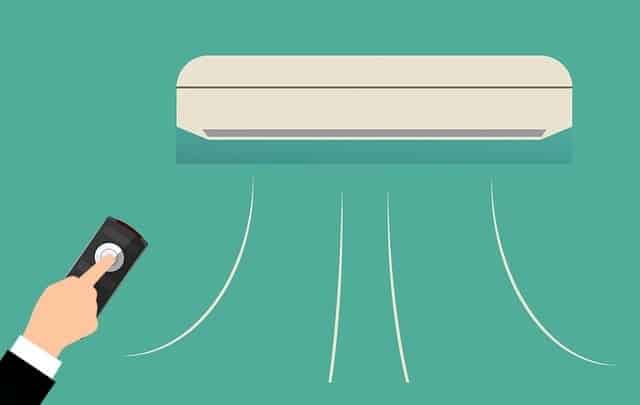When we think about the comfort of our homes, we often focus on temperature control, cozy furnishings, and pleasing aesthetics. However, there’s a crucial element that significantly impacts our well-being, yet is often overlooked – indoor air quality (IAQ). In this blog post, we’ll delve into the importance of indoor air quality and why it goes beyond mere comfort, affecting our health and overall quality of life.
1. Health Impact:
Poor indoor air quality can have severe consequences for our health. Contaminants such as dust, pollen, mold spores, and volatile organic compounds (VOCs) can trigger allergies, asthma, and other respiratory issues. Long-term exposure to indoor air pollutants may contribute to chronic health problems, emphasizing the vital role of clean air in maintaining our well-being.
2. Respiratory Health:
A significant portion of our lives is spent indoors, especially during extreme weather conditions. Inadequate ventilation and the accumulation of pollutants can lead to respiratory discomfort, coughing, and irritation. High-quality indoor air, on the other hand, supports respiratory health, ensuring that the air we breathe is free from harmful particles.
3. Allergies and Asthma:
For individuals with allergies or asthma, indoor air quality is paramount. Dust mites, pet dander, and mold are common allergens that thrive in environments with poor air quality. Regular maintenance of HVAC systems, proper ventilation, and the use of air purifiers can significantly reduce allergens, providing relief to those with respiratory conditions.
4. Productivity and Cognitive Function:
Studies have shown a direct correlation between indoor air quality and cognitive function. Poor IAQ can contribute to headaches, fatigue, and difficulty concentrating. On the contrary, clean air has been linked to improved productivity, enhanced cognitive performance, and an overall better quality of work and life.
5. Long-Term Health Risks:
Exposure to indoor air pollutants over an extended period may pose long-term health risks. Certain pollutants, such as radon and asbestos, are known carcinogens. Regular assessment of indoor air quality and addressing potential sources of contamination are essential in minimizing these risks.
6. Comfort and Well-being:
Beyond the health implications, indoor air quality plays a pivotal role in our overall comfort and well-being. A well-ventilated, clean environment promotes a sense of freshness and contributes to a more pleasant living space. Improved IAQ can reduce odors, humidity levels, and the likelihood of mold growth, creating a healthier and more enjoyable atmosphere.
Conclusion:
Investing in indoor air quality is an investment in our health, comfort, and overall quality of life. Regular maintenance of HVAC systems, proper ventilation, and the use of air purifiers are effective measures to ensure that the air we breathe is clean and free from harmful pollutants. By prioritizing indoor air quality, we create homes that not only feel comfortable but also contribute to our physical and mental well-being.










